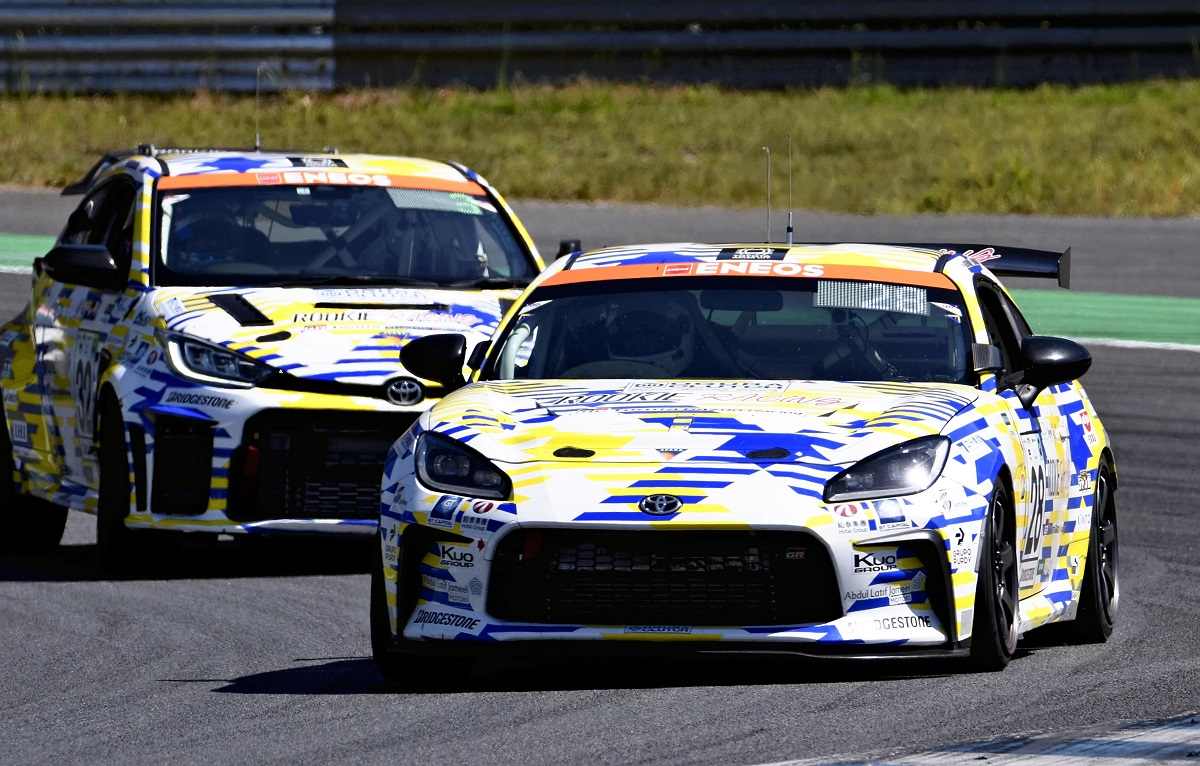TOKYO (ANN/THE YOMIURI SHIMBUN) – Japan is leading several countries including Germany in the development of international rules for issues such as quality standardisation for the widespread use of e-fuel, a synthetic fuel made from carbon dioxide (CO2) and hydrogen.
E-fuel, also called artificial crude oil, can be used as an alternative to fossil fuels and is seen as a key to decarbonisation.
Japan’s State Minister of Economy, Trade and Industry Minister Fusae Ota attended an international conference on September 4, where the 11-countries agreed on the need to establish rules for standardising the quality of e-fuel. They also confirmed the importance of sharing technical knowledge on e-fuel and the need to continuously deepen discussions among the countries concerned, especially Japan and Germany.
E-fuel has attracted global interest as the European Union decided to allow vehicles with engines that use e-fuel, reversing its previous policy of banning the sale of new cars with engines from 2035.
However, the production cost of e-fuel is much higher than gasoline at JPY300 to JPY700 per litre. In order to popularise e-fuel, it is essential to establish mass production technology and reduce costs.






